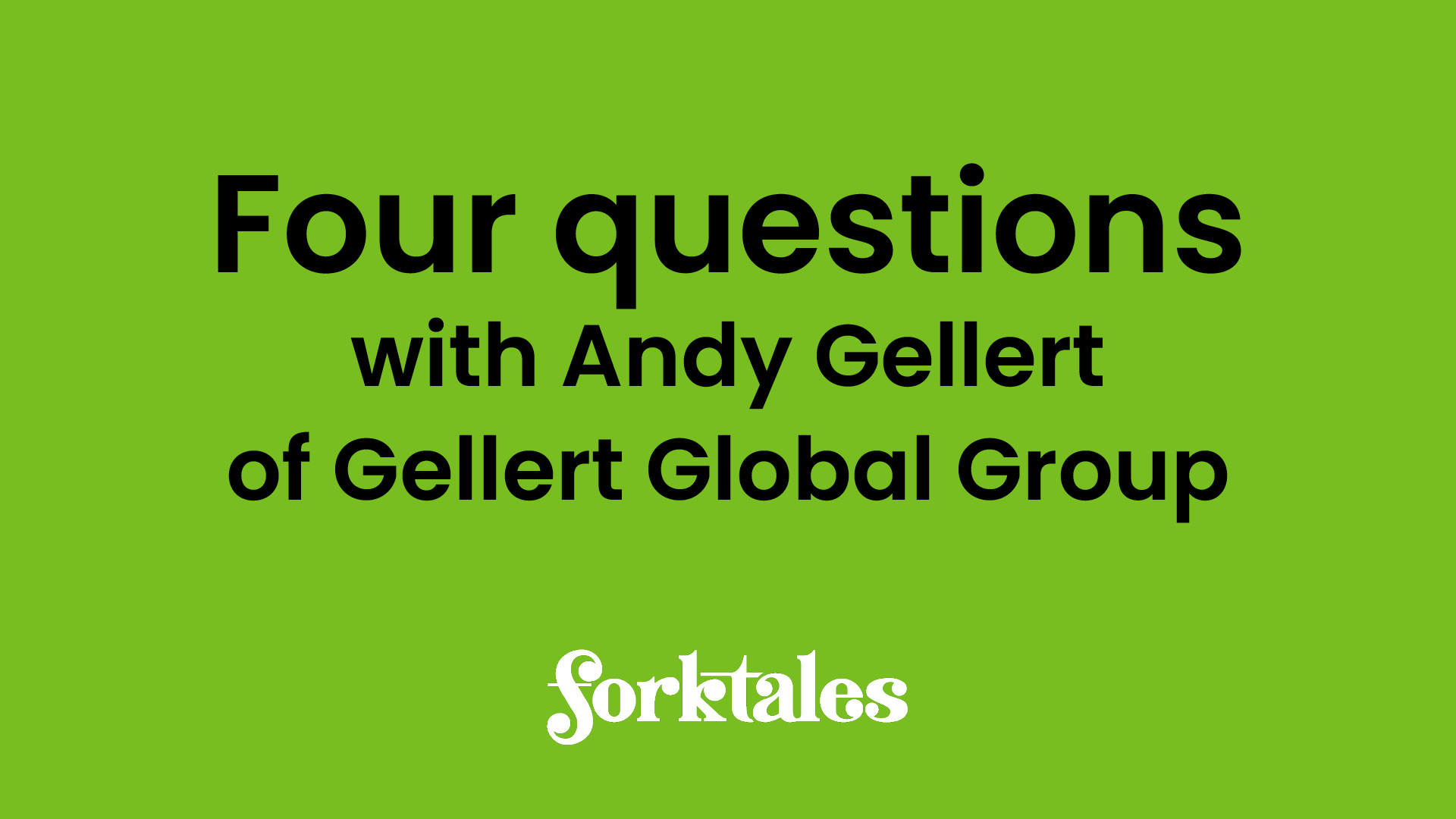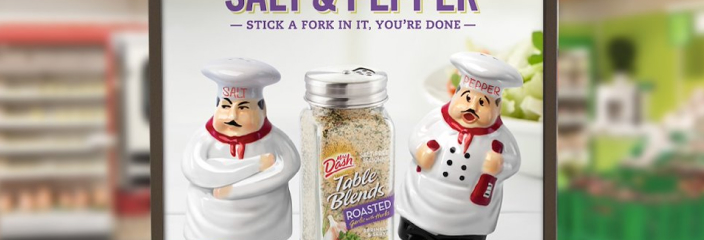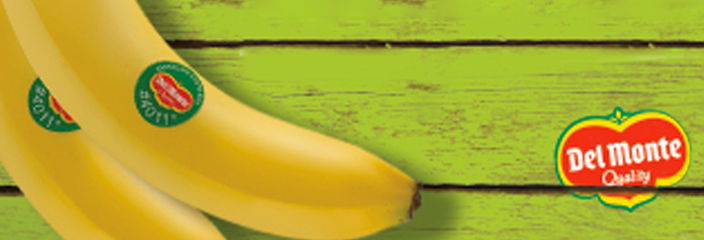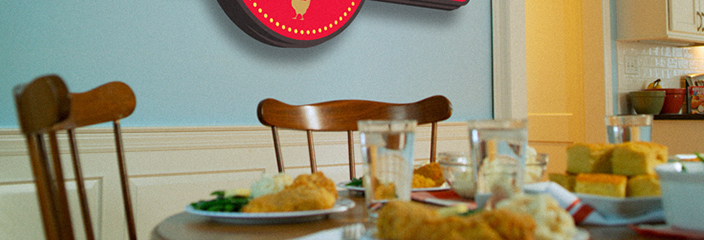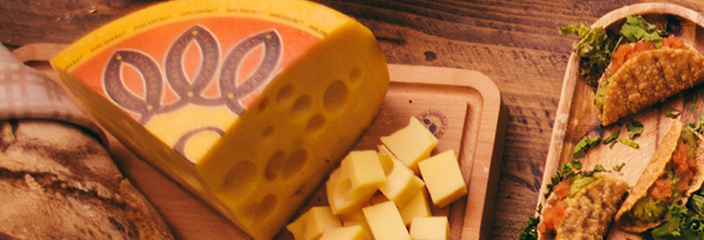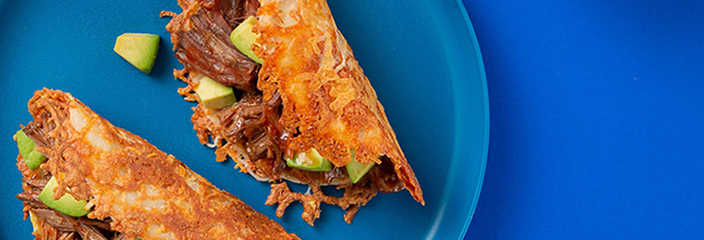Gellert Global Group imports more than 5,500 unique food items from more than 60 countries and is one of the largest food importers in the world. Andy Gellert sits at the helm of that family owned and operated business where he leads the company’s vision of being a part of every food experience.
In a recent episode of Forktales, Michael and Andy talked about how to avoid conflict in a family-owned business, the benefits of networks like the Young Presidents’ Organizations (YPO), the impact of inflation on the import business and the role of trends in identifying new imports.
How many family members work in the company, and what’s the future looking like for the next generation?
Right now, we have six family members actively involved. It’s myself, my sister, my brother, my cousin, my father, and my uncle. In the next generation, we have nine kids, and I’d say we’re expecting at least three or four of them to come into the business in the future.
We’re excited about the possibility, but there’s no pressure on them—just opportunity if they’re interested. We’ve been lucky to have a harmonious family environment without conflicts. We argue, sure, but we get it all out, and no one’s stepping on anyone else’s toes.
As a family-owned business, what are the challenges, especially working with family?
Within the family, we’re fortunate because we’ve been able to maintain a strong, respectful relationship. We’re all different and appreciate each other’s opinions. We have our arguments but we’re careful to communicate openly and then move forward together. If there’s ever an issue, we settle it on the tennis court, so it’s not a big deal.”
Can you describe the range of businesses within Gellert Global Group?
We’re really about adding everything that could be on a plate. We’ve grown a lot over the years, mostly through acquisitions. Just in the last 18 months, we’ve made three acquisitions, and we’re working on closing another one soon, with two more deals on the table. We do a wide range of things—frozen fruits, frozen vegetables, ethnic meals, private label products, and more.
With all the global conflict and inflation, how do you manage these pressures?
Inflation makes it very challenging, especially because our products are already expensive. It forces us to find efficiencies wherever we can. That’s one reason we invested in Cafe Spice, which makes prepared meals—it lets us offer more efficient solutions for our customers.
We’re also always looking at alternative sourcing options. For example, we recently started importing French fries from Belgium to the East Coast, which proved to be more cost-effective. Right now, we’re exploring opportunities in India, just always turning over rocks to make things better for our customers.
